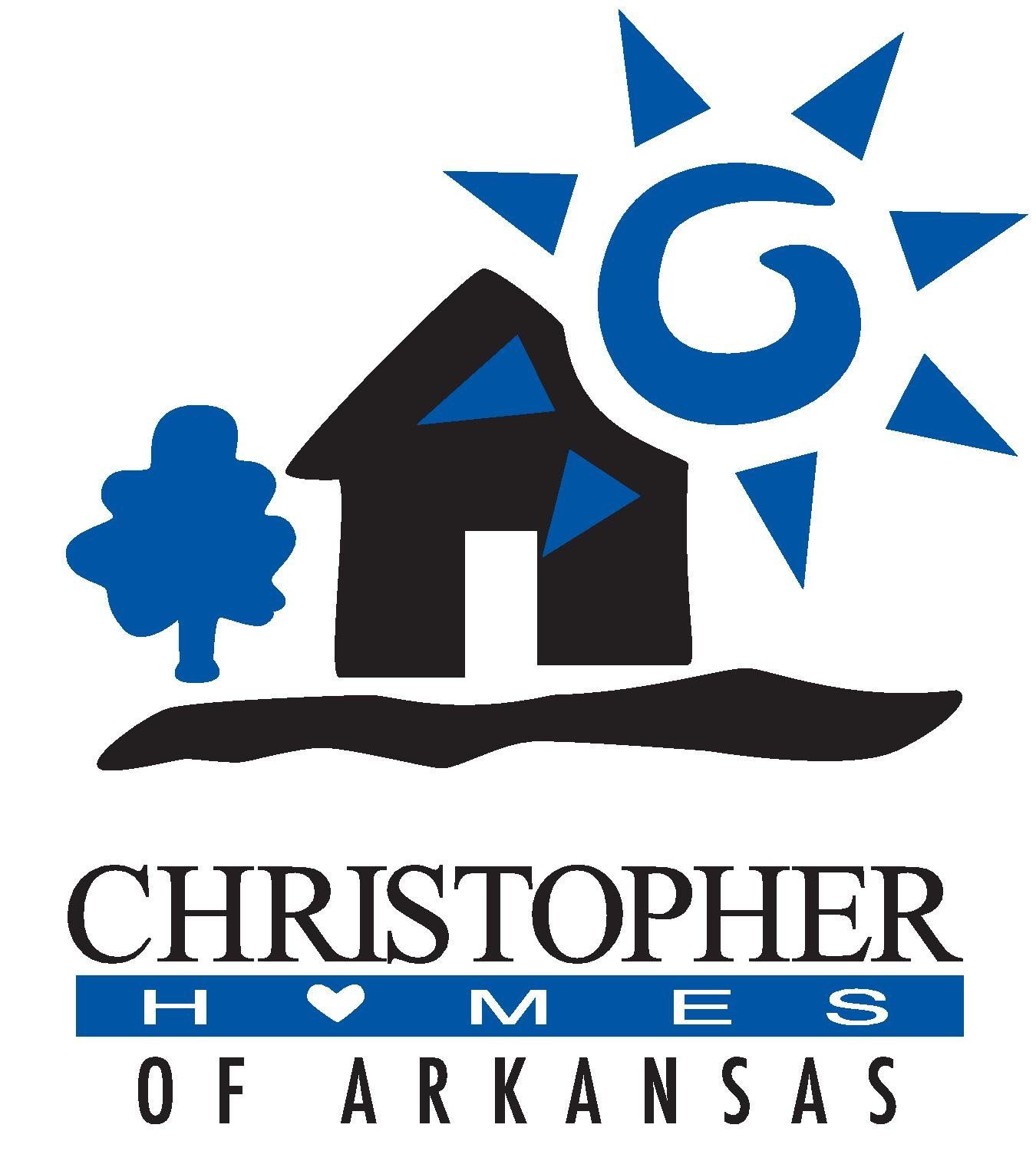App

Call us: 501-664-1881
Toll Free: 866-486-2136
Frequently Asked Questions
Frequently Asked Questions for Christopher Homes
Q1: What are HUD 202 eligibility requirements for moving into an apartment?
A1: For the
Project Rental Assistance Contract (PRAC established in 1991)
apartments, occupancy is open to:
- very low-income households which
- include at least one person 62 years or older.
For the
Section 8/202 apartments, occupancy is open also to: mobility impaired age 18 and older who need an apartment with the features necessary to accommodate the mobility impaired as verified by a health provider.
Q2: Are there exceptions to the age & income eligibility requirements?
Click Here for Waivers
A2:
- Some properties have age waivers
for 55 years instead of 62.
- Some properties have income waivers for persons with low income instead of very low income.
- Some properties have both age and income waivers.
Q3: What other eligibility requirements are there?
A3: HUD will not subsidize the rent of a person who
- Was evicted from HUD housing in the last three years (except for special circumstances);
- Currently uses illegal drugs or abuses alcohol;
- Is classified as a sex offender.
Management companies can also impose their own eligibility criteria based on Landlord, Credit and Criminal background screening.
Q4: How do I know if I am income eligible to move into Senior Housing with Rental Assistance?
A4: Go to the website below and highlight the current year and click on the button for the IL (Individual Income Limits) documentation. Select the county/state where you would like to live. Review the chart for your household count to see if you are income eligible. Your annual income must be 50% or less of the median income for your household size. Income waivers allow the income to be 80% or less of the median income.
Q5: How many persons can live in a HUD subsidized 202 household?
A5: Occupancy standards are established by the housing provider, but the general rule is two persons per bedroom unless the apartment is too small for two, such as a studio. Christopher Homes properties are ground level garden terraces that include studios (efficiencies) and one bedroom apartments.
Q6: How is my rent calculated?
A6: A household will pay the highest of the following amounts:
- 30% of the family’s monthly adjusted income
- 10% of the family’s monthly income
- $25 minimum rent.
Q7: What are my rights as a resident of a HUD-subsidized 202 apartment?
A7: A resident has rights involving their apartment, resident organizations, and nondiscrimination. For apartment living, rights include:
- The right to live in decent, safe, and sanitary housing that is free from environmental hazards such as lead-based paint hazards.
- The right to have repairs performed in a timely manner upon request and to have a quality maintenance program run by management.
- The right to be given reasonable notice, in writing, of any nonemergency inspection or other entry into your apartment.
Christopher Homes does not discriminate and provides equal and fair treatment and use of our building services and facilities, without regard to race, color, religion, gender, disability, familial status (children under 18), and national origin (ethnicity or language).
Q8: What is the Service Coordinator program?
A8: Service Coordinators are an integral part of the services we provide. A Service Coordinator is responsible for assuring that elderly residents, especially those frail or at risk, and those non-elderly residents with disabilities are linked to the supportive services they need to continue living independently in their current homes. Christopher Homes currently operates 20 properties that facilitate a Service Coordinator program.
Q9: What is the mission of Christopher Homes?
A9: The mission of Christopher Homes is to mobilize available public, private and human resources to provide basic necessities including supportive services and other enrichment activities for the well-being of those we serve.
Follow Us

© 2025
All Rights Reserved |Christopher Homes of Arkansas | Powered by Flypaper | Privacy Policy
If you have any questions about Christopher Homes, we would love to hear from you.
Fill out the form below, and we will get back to you as soon as possible.
Contact Us
Thank you for contacting us.
We will get back to you as soon as possible
We will get back to you as soon as possible
Oops, there was an error sending your message.
Please try again later
Please try again later